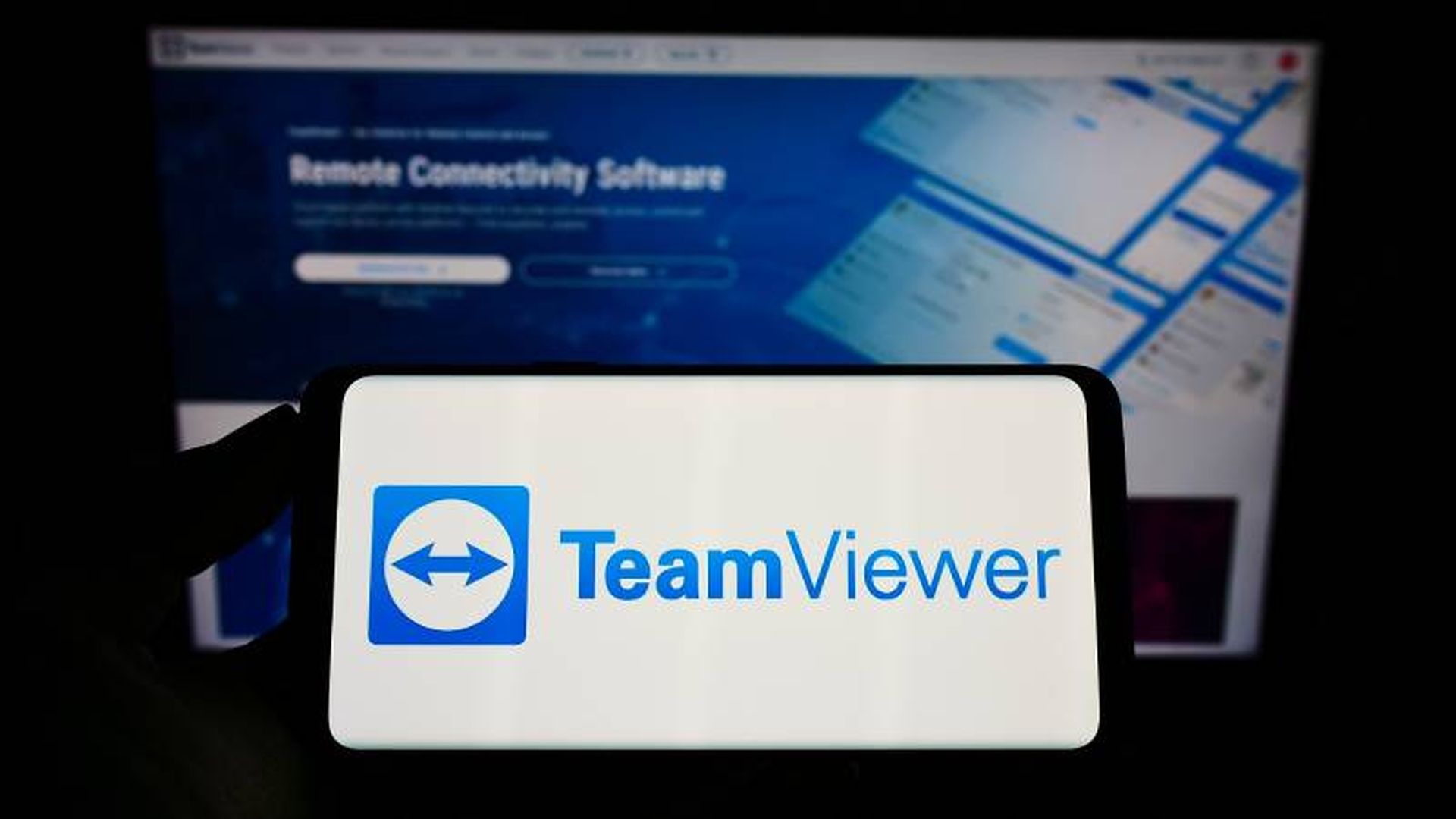Nearly a quarter (24.6 percent) of company executives and IT leaders would be willing to pay hackers a ransom to prevent them from leaking critically sensitive stolen data, a global survey of more than 200 execs and IT managers found.
Moreover, 14percent said they would acquiesce to ransom demands exceeding $1 million.
A jointproject of the Cloud SecurityAlliance and cloud security software provider Skyhigh Networks, the survey andits corresponding report provide a window into IT business leaders' views oncloud applications and their security implications. Respondents said theyreceive an average of 10.6 requests for cloud-based business applications permonth, resulting in 71.2 percent of their companies creating a formal processto vet all these apps.
According to the survey, the second, third and fourthmost common reason for rejecting app requests are all security-related, namely:
- The provider is not trusted (53.6 percent)
- Lack of encryption (45.8 percent)
- Lack of data loss prevention (43.9 percent)
According tothe survey, it takes an IT security team 17.7 days to evaluate a cloud-basedapp's security. However, despite security concerns, the report asserted thatconfidence in the cloud is actually on the rise. In fact, 64.9 of respondents opinedthat the cloud is as secure as or even more secure than on-premises software.
The reportstated that the most commonly cited barrier to moving record-keeping IT systemsto the cloud is an inability to enforce corporate policies (67.8 percent ofsurvey-takers). Meanwhile, the biggest barrier to stopping data loss in thecloud is the lack of skilled security professionals (30.7 percent ofrespondents), suggesting that security analyst jobs are quickly becoming highlyin demand. “Across the board, there's a skills shortage,” thereport read. “Companies are finding it challenging to recruit and hire peopleto fill information security positions.”



